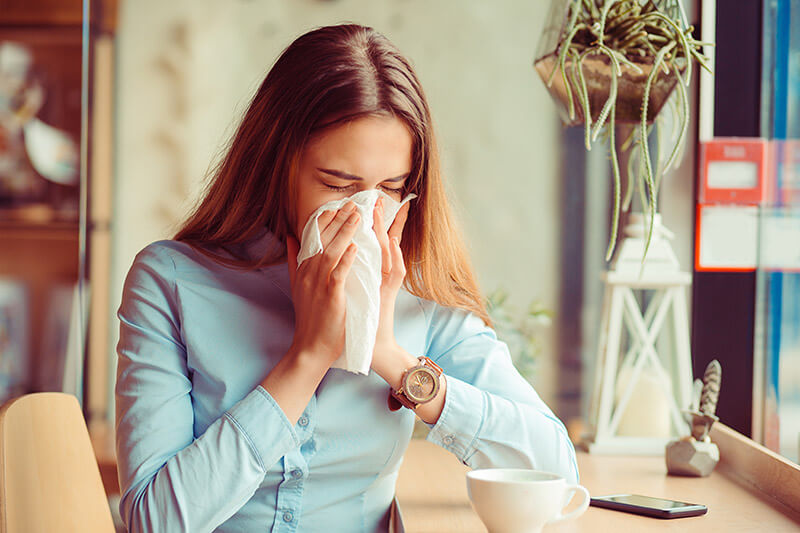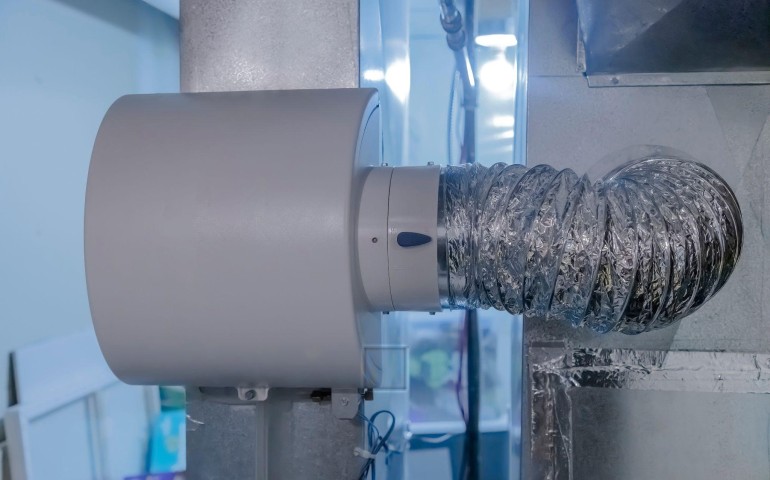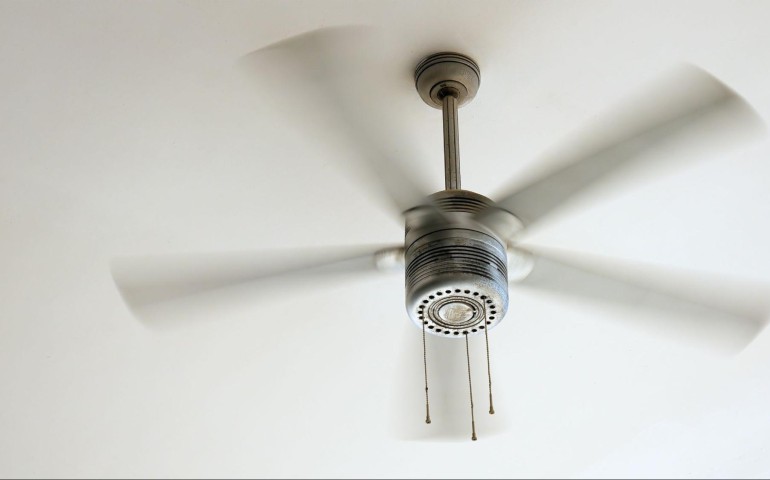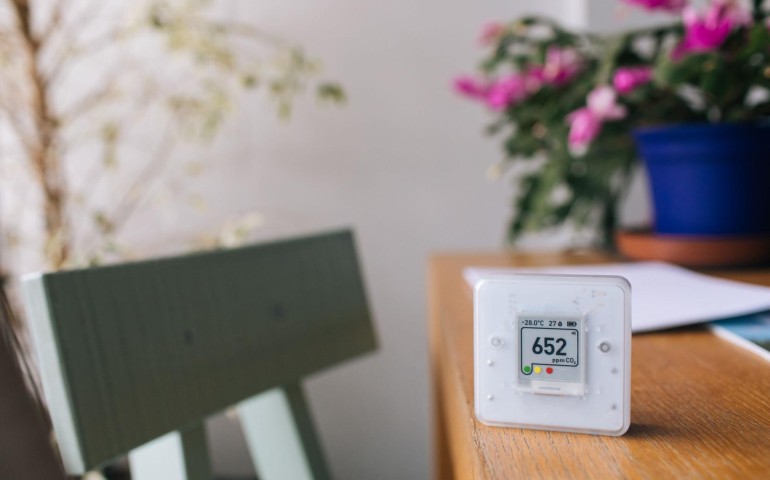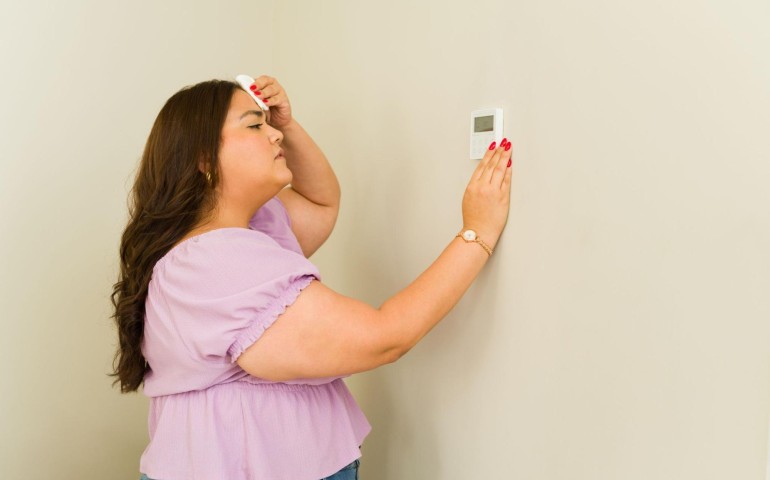Air Conditioning and Allergies: What You Need to Know
There are some people who dread the summer months. While it may be nice to see the sun, the HVAC systems can wreak havoc on some people's respiratory systems. Air conditioning can affect many allergies.
Can Flare Up Many Allergies
While an HVAC system can flare up many allergies, your HVAC system is not the cause. Many people have allergies to contaminants and allergens. When an HVAC system is on, it pulls in air through the registers and expels air through the vents. Your HVAC circulates air through the ductwork in your home. If you're not familiar with your ductwork, ask our HVAC professionals.
This process picks up contaminants and allergens. Any HVAC professional can test the air quality in your home. This test can see which allergens are in the air. Picture a person driving down a dirt road. The moving car kicks up dust. The circulation of an HVAC system kicks up allergens in the air.
Those Will Allergy Sensitivities
The cool, damp air from your ductwork creates the perfect environment for allergens. Some of these allergens include pollen, dust, pet dander, and mold. When those with allergies come into contact with these in the air, it can lead to many symptoms. These include sneezing, coughing, fatigue, fever, watery eyes, and dizziness.
How To Reduce Indoor Allergens
It may seem like the only solution to avoid indoor allergens is to go without using your HVAC system. That's not the case. In fact, going without HVAC inside of your home can be uncomfortable during the hot summer months. It's best to know how to help reduce the number of allergens in your home. These tips can help prevent unwanted allergy symptoms.
A great place to start is to have your HVAC ductwork cleaned by an HVAC professional. With so much air flowing through your ductwork, allergens can get trapped. You should have your HVAC ductwork cleaned by an HVAC professional. That way, they can remove all those allergens. The less allergens in your ductwork, the fewer allergens will reach the air inside of your home.
Another great tactic is to replace your HVAC air filters on a regular basis. HEPA HVAC air filters are best for those with allergy sensitives. They remove 99.9 percent of airborne particles that travel through your HVAC system. You should replace most HVAC filters every three months. You may find that you want to replace your HVAC filter more often.
Call Us Today
If you have issues with your indoor air quality, contact our HVAC professional staff. They will check the many areas of your HVAC system that are having issues with allergens. We will recommend strategies to reduce them. When you have fewer allergens in your HVAC, you can enjoy spending time indoors on those hot summer days.

